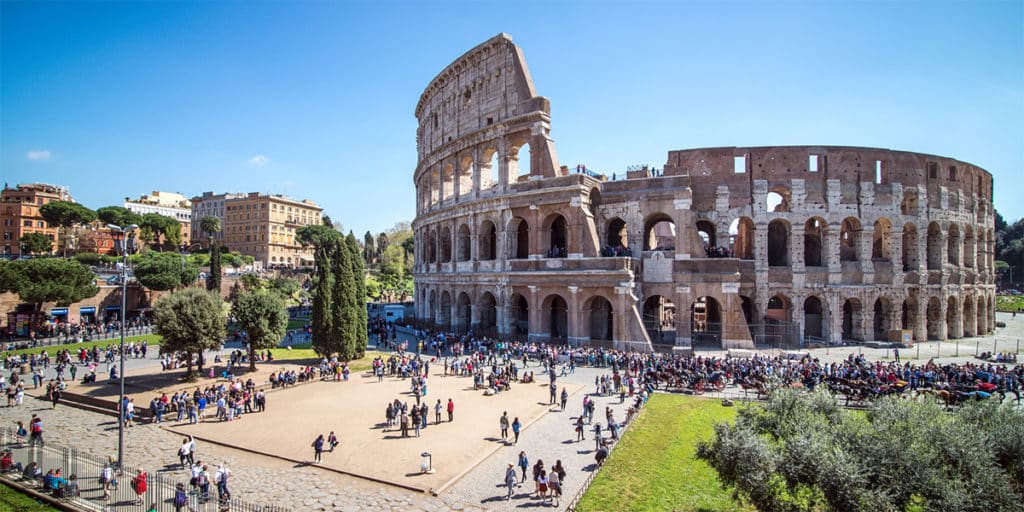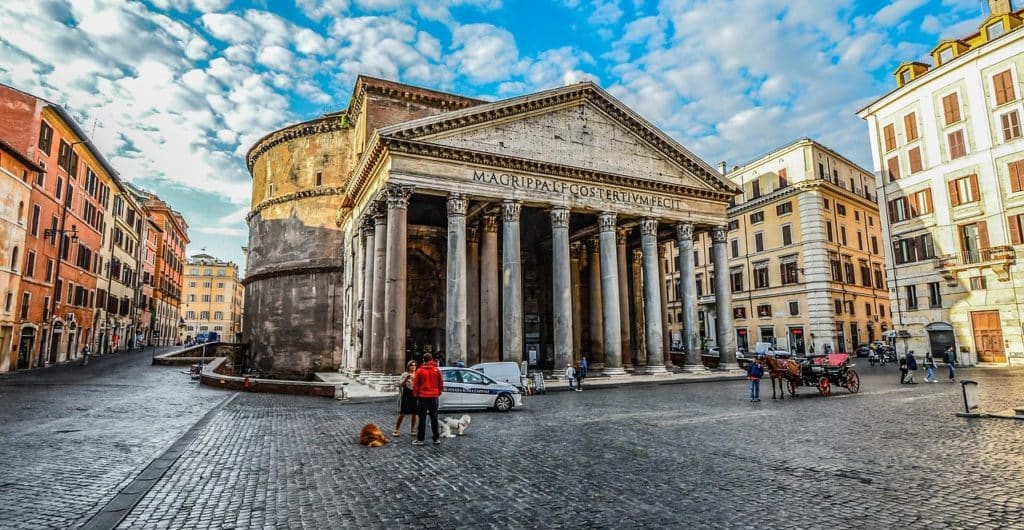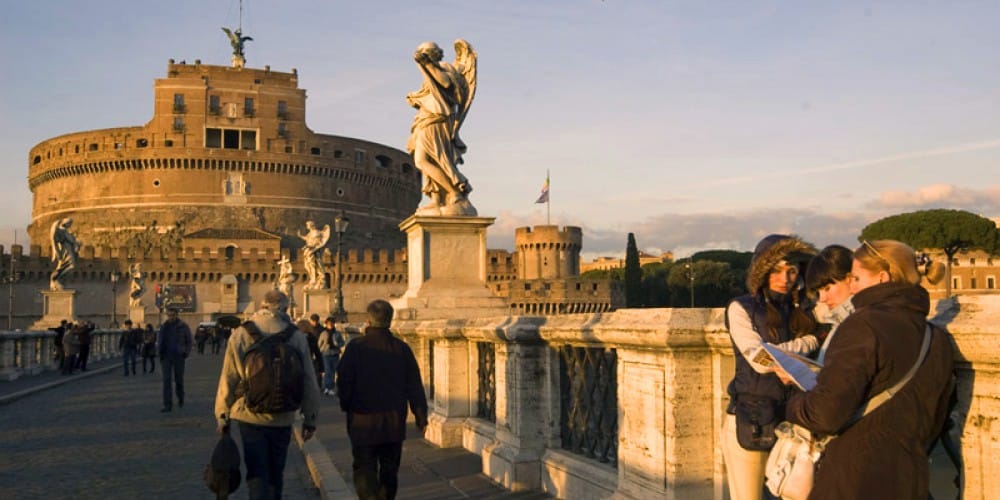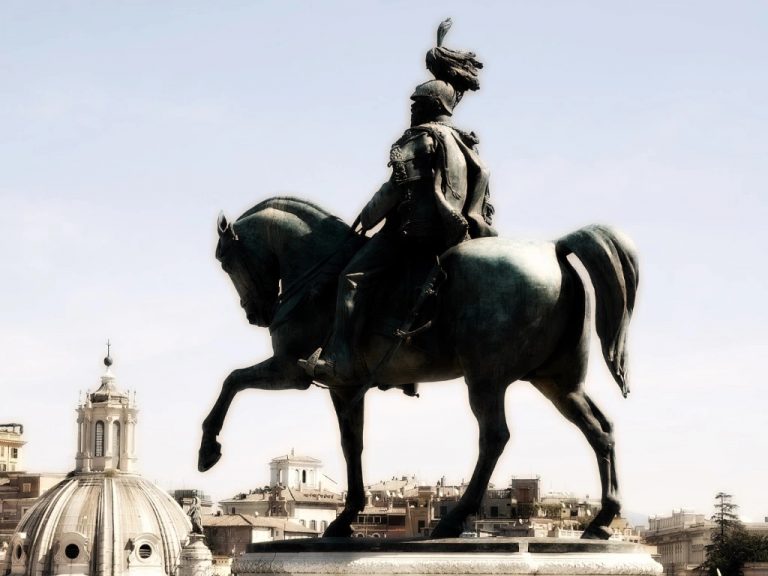Do you know when Rome became the capital of Italy?
Do you know when Rome became the capital of Italy? Everyone knows that Rome is the capital of Italy but not everyone is aware of the regions and the period in which the Eternal City became the most important place in the boot. Let’s find out together.
In 1871, King Vittorio Emanuele officially made his solemn entry into the city to settle in the Quirinale. It is the beginning of the history of Rome, capital of the unitary state: after the “Presa di Porta Pia” on September 20, 1870, Rome was annexed to the Kingdom of Italy with the plebiscite of October 2 and was proclaimed Capital on 3 February 1871.
Rome is the only city in Italy that does not have exclusively municipal memories; the whole history of Rome, from the time of the Caesars to the present day, is the history of a city whose importance extends infinitely beyond its territory; that is, a city destined to be the capital of a great state (Cavour, Speech to the Parliament of Turin, 25 March 1861).

Before the choice was made, Rome was certainly not favored to play this important role.
Rome was a medium-sized city, profoundly different from how we perceive it today: the Vatican was located on the edge of the inhabited center, the Colosseum was surrounded by cultivated fields and vast pastures extended within the Aurelian Walls.
And then, above all, Rome initially did not belong to the Kingdom of Italy, but to the Papal state.

Italy was born at the time from the unification of the Kingdom of Sardinia with the rest of the Italian territories, conquered by Garibaldi and his troops.
The capital of the Kingdom of Sardinia was Turin and therefore the choice of this city as the capital of the newly born kingdom (with a moral capital Rome anyway) could seem almost obvious. This was initially the case but it didn’t last long. Initially it was also thought of Naples, at that time the most populous city in Italy and much larger and better equipped than Rome. Naples held important administrative and cultural institutions, had a developed and impressive center and a very large and important port. Rome was then a very different city from how we understand it today.
In 1865 it was decided to move the capital to Florence, given the unavailability of Rome.

The situation was unblocked in 1870, when Rome became part of the Kingdom of Italy and the Eternal City was proclaimed the capital of Italy. The law was passed that transferred the capital of Italy from Florence to Rome. Already in 1861, following the unification of Italy sealed by Cavour, the pressure of King Vittorio Emanuele II began against Pope Pius IX, repeatedly invited to leave his temporal dominion.
The attempts of numerous patriots to annex Rome to the Kingdom of Italy were also in vain, and the situation remained unchanged until Napoleon III reigned, a French emperor against the disappearance of the Papal State. However, when the Second Empire fell in 1870, Italy no longer had obstacles and was able to proceed with the annexation of the Papal States.
But what were the reasons that led to choose Rome as the capital?
Rome is certainly the richest city in history and culture in the whole of Italy, boasts an incredible artistic heritage and has a rich past as the capital of an empire of enormous size.
Then the Catholic Church has its headquarters in Rome and the latter was perhaps one of the main dangers to the unity of Italy itself.
FIND US ON TRUSTPILOT:
Transferring the capital to Rome could be seen as a strategic move to put an end to the constant friction between the Papal state and the Kingdom of Italy.
The Pope was relegated to a tiny territory and the King of the kingdom took his place in his palace on the highest hill in the city.

The choice of Rome was certainly also due to geographical reasons, because we well know that the city was (and still is) in the center of the country, which was then a kingdom.

